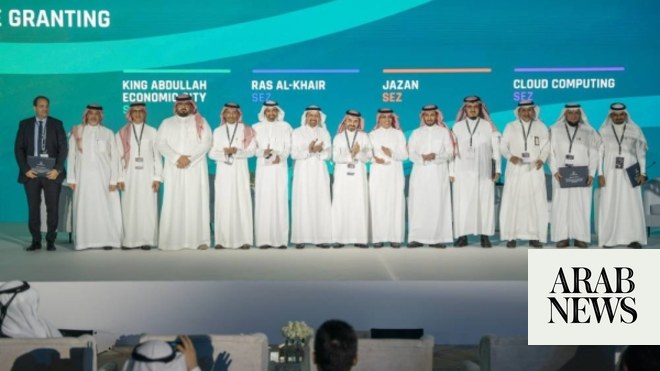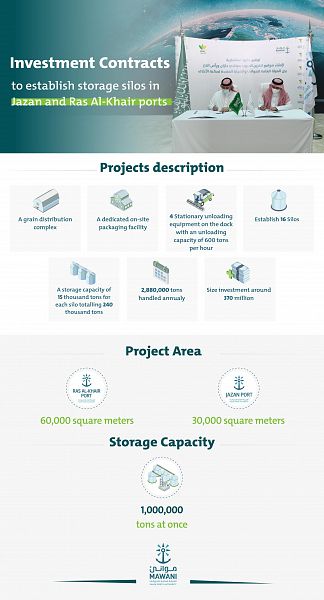
RIYADH: Saudi Basic Industries Corp., or SABIC, is planning to start a joint project with Saudi Aramco to convert crude into petrochemicals, the Kingdom"s Energy Minister Prince Abdulaziz bin Salman revealed.
With a capacity of 400,000 barrels of crude per day, Saudi Arabia’s first-of-its-kind project is set to come up in Ras Al-Khair, he added.
The minister made the announcement during an event to open a SABIC building in Al Jubail. The Prince also added that Saudi Arabia plans to open a new port in the industrial city of Ras Al-Khair to export petrochemicals.
During his speech, the minister stressed that oil receives strong demand from the petrochemical sector globally, adding that this growth will accelerate by 60 percent until 2040.
Highlighting that Saudi Arabia is the fourth largest global producer of petrochemicals, he pointed out that the Kingdom possesses all the required components for the further development of this sector in the future.
The energy minister revealed that the integrated strategy for the petrochemical sector in the Kingdom is in its final stages. It includes building an important chain from basic petrochemicals to specialized petrochemicals. The system aims to convert about 4 million barrels of crude and liquids into petrochemicals for local projects.
Together with SABIC, Aramco has been working to commercialize crude to chemicals technologies as part of the strategy to position itself as a preeminent player in the global petrochemicals industry.
In its C2C technologies, Aramco aims to remove or streamline several conventional industrial processes, resulting in chemicals that are less expensive to produce while at the same time reducing the carbon footprint associated with the use of our oil, according to its website.
Typically processed in an oil refinery, crude oil is transformed into a variety of fractions such as naphtha, diesel, kerosene, gas oil, and high boiling residue for being used as feedstocks for conventional petrochemical production, but the process is costly.
Aramco is working at tweaking the existing technologies and processes in an integrated refining complex to raise the chemical production level per barrel of oil from the regular 8 percent to 12 percent, up to 50 percent, according to its website.
Both firms already entered into a similar partnership in 2018 to develop an integrated industrial complex to convert crude oil to chemicals in Yanbu, on the west coast of Saudi Arabia.
The complex was projected to process 400,000 barrels per day of crude oil, producing around 9 million tons of chemicals and base oils annually, and it is expected to start operations in 2025.












